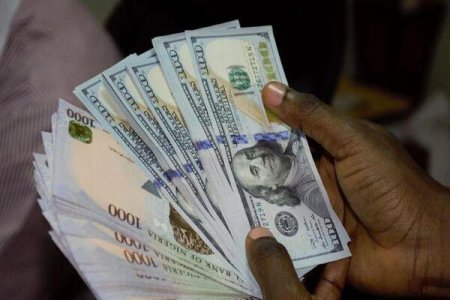
The Central Bank of Nigeria (CBN) has announced a significant policy shift regarding foreign exchange (forex) restrictions on milk and dairy imports to address economic concerns and alleviate consumer burdens. This decision, revealed through a CBN circular dated March 12 with reference number TED/FEM/PUB/FPC/001/010, signals a pivotal change in the nation's economic landscape.
Zenith Bank, in a recent notice to customers, confirmed the development, citing the CBN circular as the basis for the update. The statement highlighted the lifting of restrictions on forex for importing dairy products and derivatives, except for selected companies.
This move holds immense implications for importers, who can now access forex at official market rates. It marks a stark departure from the CBN's previous stance, wherein milk and dairy products were added to the list of items not eligible for forex on February 11, 2020.
Moreover, this decision follows the apex bank's earlier announcement on October 12, 2023, lifting the ban on 43 items previously restricted from accessing forex. The progressive measures aim to stimulate economic growth and foster a conducive environment for trade and investment.
In response to these developments, the forex market witnessed fluctuations, with the Naira appreciating to N1,560.57 per USD on Tuesday from N1,572.82 on Monday at the official forex market. Consequently, the import duty exchange rate also experienced a decline to N1,572.507 per USD on Tuesday from N1,593.41.
Nigerians have expressed mixed reactions to the CBN's decision. While some commend the move as a step in the right direction to address high prices of dairy products, others remain skeptical about its long-term impact on domestic dairy production and currency stability.
"As stakeholders analyze the multifaceted effects of this policy shift, debates ensue regarding its long-term implications for domestic dairy production, currency stability, and overall economic sustainability. However, amidst the discussions, one thing remains evident: the CBN's decision to lift forex restrictions on milk imports heralds a new chapter in Nigeria's economic trajectory, with the potential to reshape market dynamics and consumer experiences.




